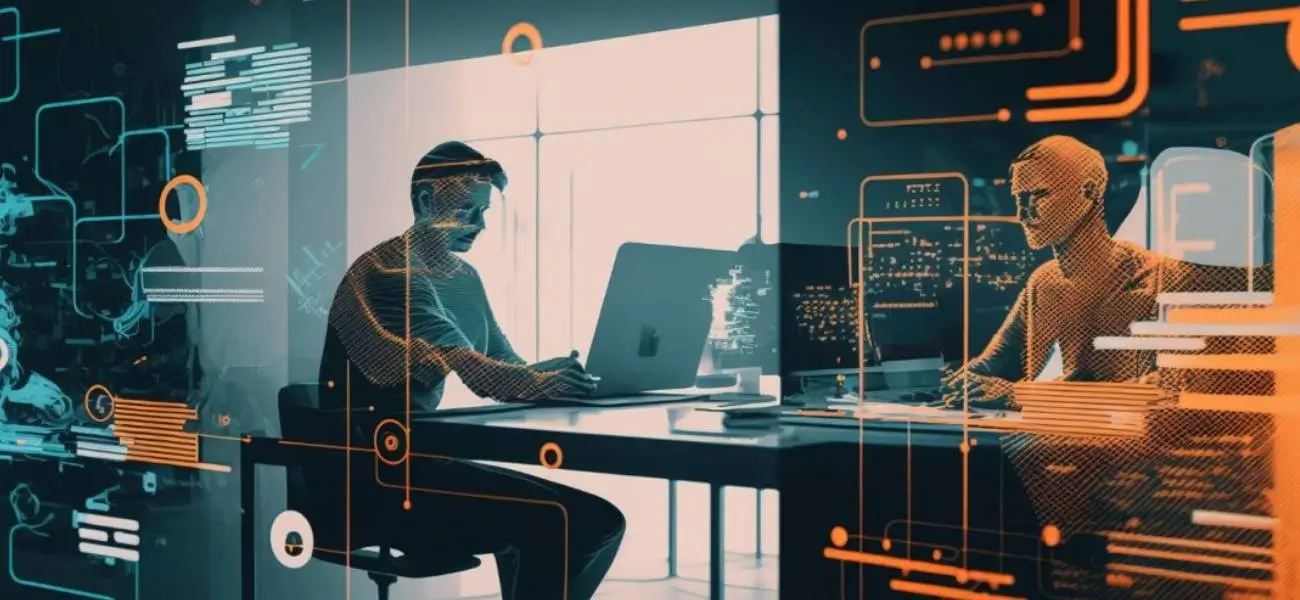
Jaafer Mnassri
Web Developer

The Rise of AI in Web Development: How It's Changing the Game
In recent years, artificial intelligence (AI) has rapidly evolved from a futuristic concept to a practical tool that's reshaping various industries — and web development is no exception. From automated coding assistants to AI-driven UX enhancements, AI is changing the way developers design, build, and maintain websites.
One of the most significant impacts of AI in web development is the rise of AI-powered design tools. Platforms like Wix ADI (Artificial Design Intelligence) and Bookmark’s AIDA are making it easier for non-technical users to create professional-looking websites with just a few clicks. These tools use algorithms to understand user preferences, content goals, and design aesthetics to generate websites that are not only visually appealing but also optimized for performance.
For developers, AI also plays a role in speeding up the development process. Code completion tools like GitHub Copilot use machine learning to suggest entire lines or blocks of code based on what a developer is currently working on. This not only saves time but also helps reduce common coding errors. The use of natural language processing (NLP) in these tools is helping bridge the gap between intention and implementation in programming.
AI is also revolutionizing how websites adapt to users. By analyzing behavior, preferences, and interaction patterns, AI can personalize content and experiences in real-time. This means users get more relevant content, product suggestions, or even UI adjustments based on their needs. Such personalization not only enhances user engagement but also improves conversion rates — making AI a valuable asset in digital marketing as well.
"AI is not replacing developers. It's enhancing them. Think of it as a superpower — it speeds up routine tasks, but the creative vision still belongs to humans."
Security is another area where AI is proving invaluable. Web applications are constantly under threat from cyberattacks, but AI-powered systems can detect and respond to threats in real-time. By continuously analyzing data and identifying anomalies, these systems can prevent potential breaches before they escalate.
Looking ahead, AI's influence on web development will only continue to grow. We can expect smarter chatbots that handle complex conversations, AI-generated content that aligns with SEO strategies, and more intuitive UI/UX design processes. However, as powerful as AI is, it’s important to strike a balance. Over-reliance on automation can lead to generic experiences, which is why human creativity and strategic thinking remain essential.
In conclusion, AI is not a threat to web developers — it's a transformative tool that enhances productivity, security, and user experience. As technology continues to evolve, embracing AI in web development will become not just a trend, but a necessity for staying competitive in the digital world.